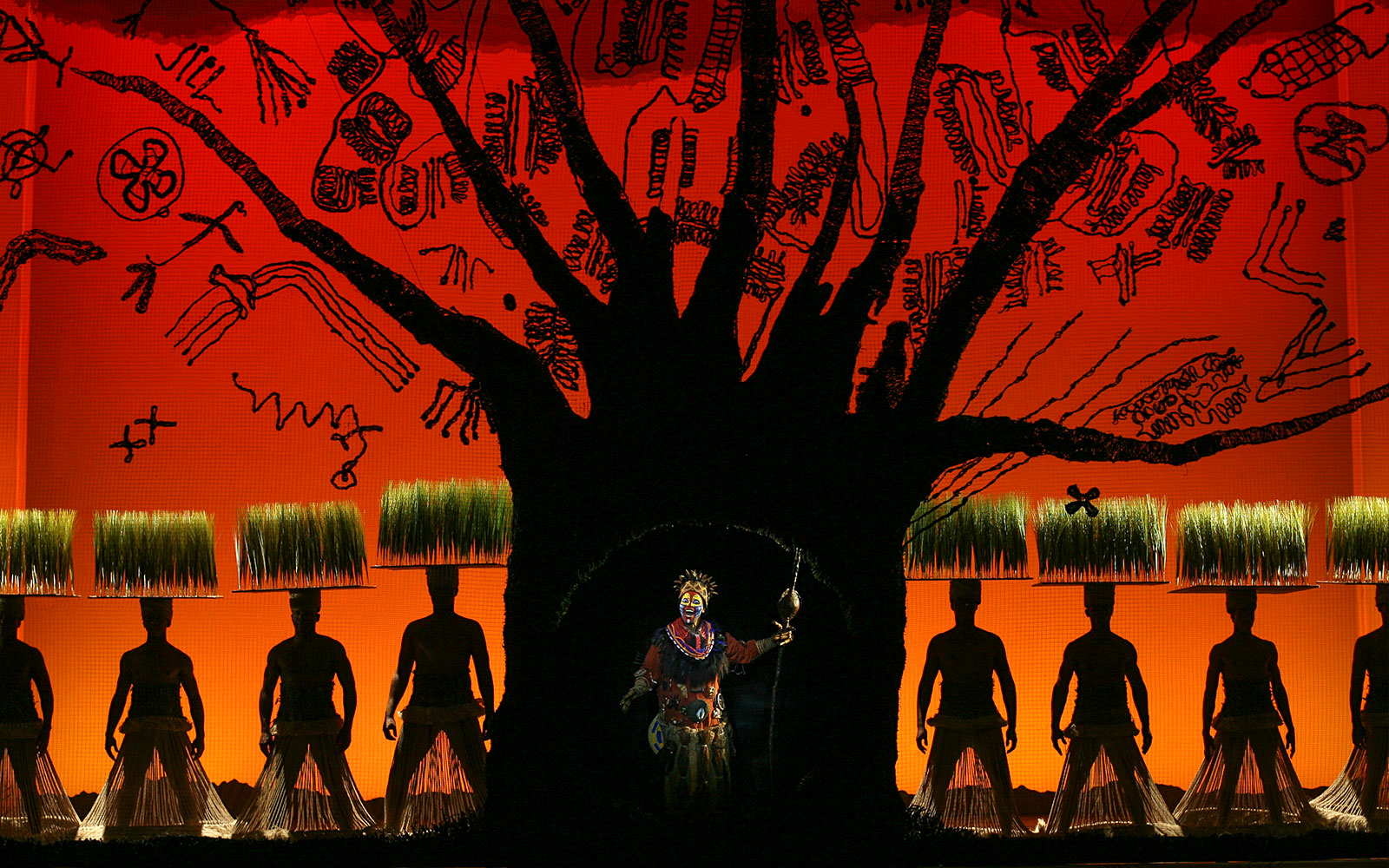
Remember the times when our grandmas used to clip coupons from newspapers and magazines to score a deal on the weekly groceries? With the arrival of platforms like Cuponation, the art of saving has entered the digital age.

This is your first post. Stay tuned for amazing updates in Sports, Technology, Health and more!